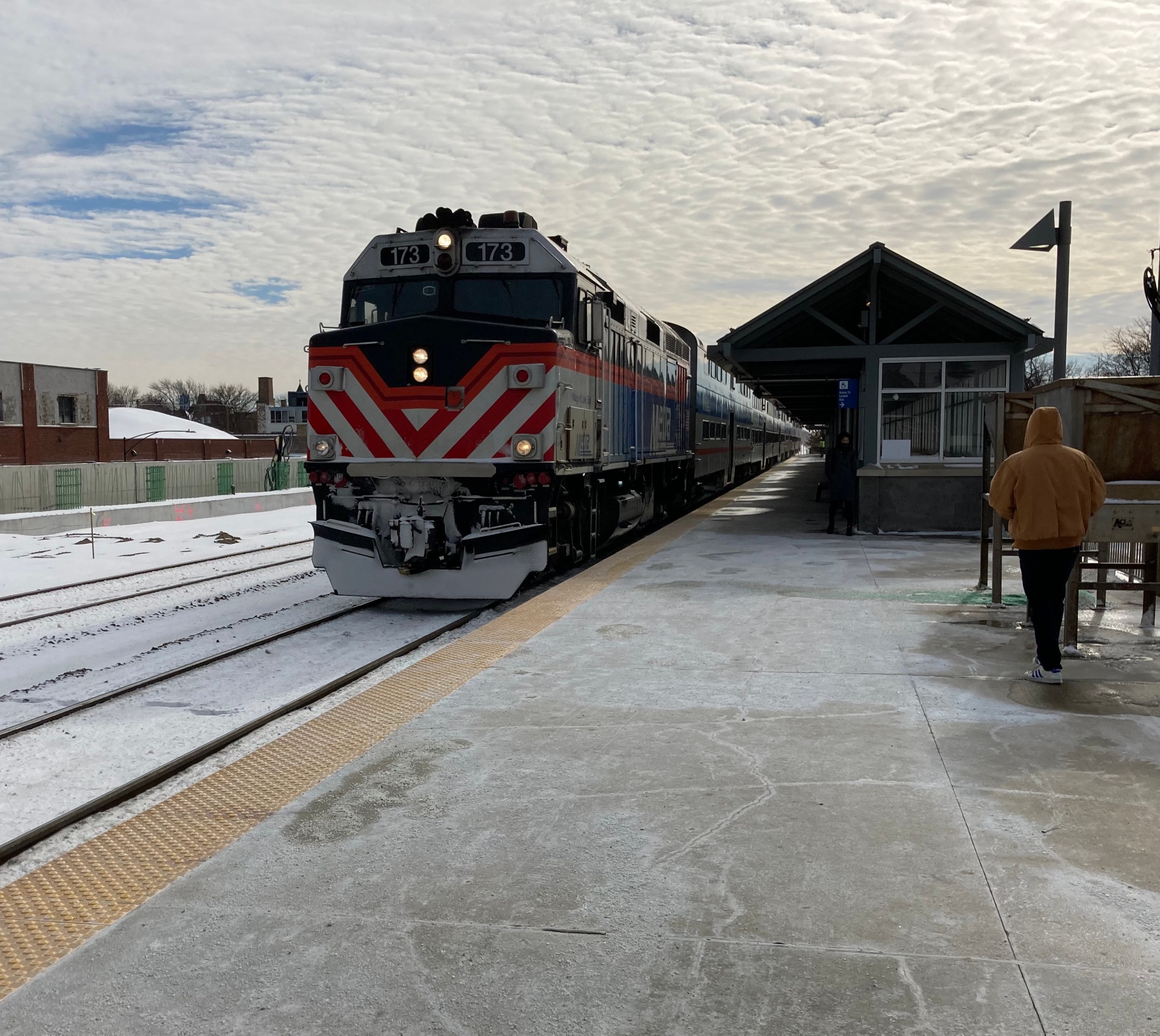Update 12/1/22, 6:00 PM: The U.S. Senate voted 80-15 to approve the House resolution imposing the agreement. The vote didn’t strictly split along party lines, with ten Republicans, four Democrats and one independent, Bernie Sanders, (I-VT) voting against it. Two Republicans and two Democrats didn’t vote, and Sen. Paul Ryan (R-KY) voting “present.” And while the majority of the Senators voted to support a separate resolution to require freight railroads to provide seven days of paid sick leave, which was also approved in the U.S. House on Wednesday, the 52-43 Senate vote didn’t meet the 60-vote majority requirement to prevent a filibuster (even though no one actually tried to filibuster this legislation.) 42 Senate Republicans and Joe Manchin (D-WV) voted against it.
Update 11/30/22, 12:15 PM: A few minutes ago the U.S. House of Representatives approved the resolution to force all the rail unions to accept the September 15 tentative agreement by a vote of 290 to 137. The vote didn’t fall strictly along party lines – 211 Democrats voted in favor and eight voted against, while 29 Republicans voted in favor and 129 voted against. Five Republicans didn’t vote at all. Some of the notable Chicago area representatives to vote in favor of the resolution include retiring representative Bobby Rush and Marie Newman, who is also leaving Congress after losing a Democratic primary. The bill now goes to the Senate, where it will need 60 votes in order to avoid a filibuster.
The U.S. Congress is poised to pass a law that would avert the railroad labor unions strike that would otherwise begin as soon as December 9, disrupting service on several of Chicago land's Metra commuter rail lines.
The Railway Labor Act, which regulates railroad labor union contracts, gives Congress the power to impose contracts – in this case, the tentative agreement reached on September 15. Out of the 12 labor unions that collectively represent employees in every facet of freight railroad operations, eight approved the agreement, but four rejected it. The lack of paid sick leave in the contracts remains a sticking point for the Transportation Division of the International Association of Sheet Metal, Air, Rail, and Transportation Workers, the Brotherhood of Railroad Signalmen, international Brotherhood of Boilermakers, and the Brotherhood of Maintenance of Way Employees Division-International Brotherhood of Teamsters.
The railroad unions previously agreed that, if any union goes on strike, the rest will join in solidarity.
The last batch of contracts expired at the end of 2019. As negotiations dragged on, President Joe Biden’s Presidential Emergency Labor Board stepped in to mediate.
The current contract calls for a 24 percent pay increase over five years (the contract would take effect retroactively starting January 2020), $5,000 in bonuses, voluntary assigned days off, one additional paid day off, guaranteed time away for medical visits, and no disruptions to current health care plans. It stop short of guaranteeing paid sick leave. The National Carriers’ Conference Committee, which represents all five major, Class 1 railroads insisted that it won’t go beyond what the deal offers.
Here's an idea: pass a law giving the railroad workers 1 day off in 7, 5 paid sick days per year, holiday pay on Federal holidays, and 3 weeks paid vacation scheduled in advance.
— Steven Lucy (@slucy) November 29, 2022
While Congress had the power to impose the agreement all along, the Biden administration tried to avoid that (the optics of the currently-Democratic-controlled Congress imposing contracts on labor unions probably didn’t help). But in a statement issued yesterday, Biden called on Congress to do just that, writing that the U.S. secretaries of labor, agriculture, and transportation advised him that negotiations wouldn’t clear the remaining hurdle.
“Let me be clear: a rail shutdown would devastate our economy,” Biden stated. “Without freight rail, many U.S. industries would shut down. My economic advisors report that as many as 765,000 Americans – many union workers themselves – could be put out of work in the first two weeks alone. Communities could lose access to chemicals necessary to ensure clean drinking water. Farms and ranches across the country could be unable to feed their livestock.”
Biden acknowledged the poor optics, writing that “As a proud pro-labor president, I am reluctant to override” the union votes, but that “in this case – where the economic impact of a shutdown would hurt millions of other working people and families – I believe Congress must use its powers to adopt this deal.”
House speaker Nancy Pelosi said that her chamber will vote on the legislation on Wednesday, with the Senate expected to vote on it in the near future.




